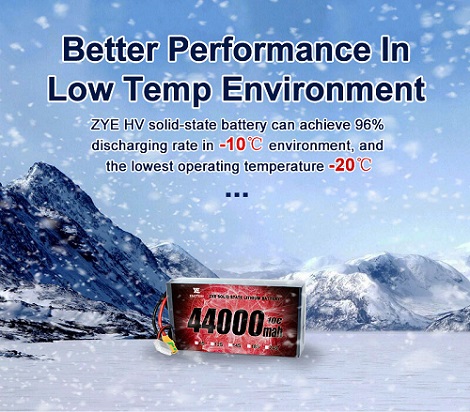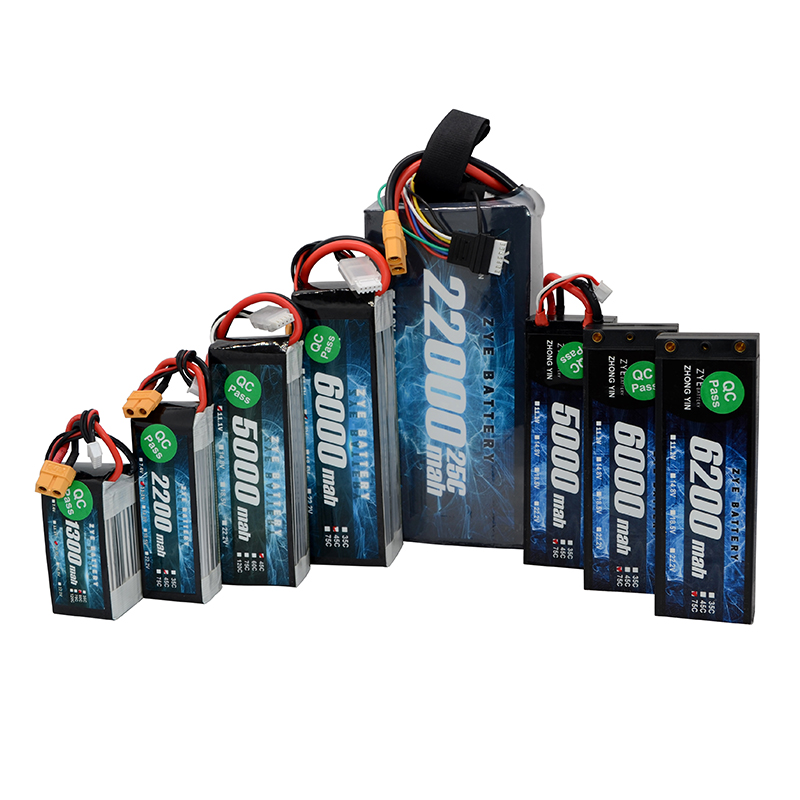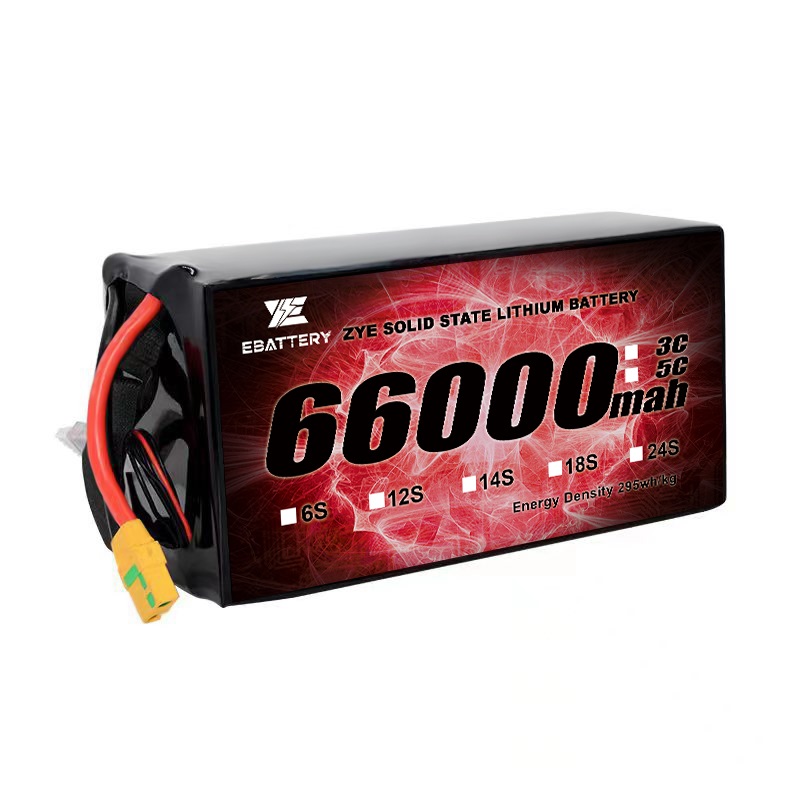Are solid state batteries better than lithium?
2025-02-12
The world of energy storage is evolving rapidly, and solid state batteries are emerging as a promising alternative to traditional lithium-ion batteries. As we delve into this topic, we'll explore the advantages of solid state batteries, their potential impact on electric vehicles, and what to consider when looking for a solid state battery for sale. Let's uncover why these innovative power sources are generating so much buzz in the industry.
Advantages of Solid State Batteries Over Lithium
Solid state batteries offer several key advantages over their lithium-ion counterparts:
1. Enhanced Safety: One of the most significant benefits of solid state batteries is their improved safety profile. Unlike lithium-ion batteries that use flammable liquid electrolytes, solid state batteries for sale utilize solid electrolytes, which are non-flammable and more stable. This drastically reduces the risk of fires or explosions, making them a safer option for various applications.
2. Higher Energy Density: Solid state batteries can pack more energy into a smaller space. This increased energy density means they can potentially provide longer-lasting power in a more compact form factor, which is particularly advantageous for electric vehicles and portable electronics.
3. Faster Charging: The solid electrolyte in these batteries allows for quicker ion transfer, resulting in significantly faster charging times. This could revolutionize the electric vehicle industry by reducing charging times to be comparable with refueling a traditional gasoline-powered car.
4. Longer Lifespan: Solid state batteries typically have a longer cycle life than lithium-ion batteries. They can withstand more charge-discharge cycles before their capacity begins to degrade, potentially offering a more cost-effective solution in the long run.
5. Wider Temperature Range: These batteries can operate effectively across a broader range of temperatures. This makes them more suitable for use in extreme environments where traditional lithium-ion batteries might struggle.
While these advantages are compelling, it's important to note that solid state battery technology is still in its early stages. Researchers and manufacturers are working diligently to overcome current limitations and bring this technology to mass production.
How Solid State Batteries Impact Electric Vehicles
The potential impact of solid state batteries on the electric vehicle (EV) industry is immense. Here's how these innovative power sources could transform the EV landscape:
1. Extended Range: With their higher energy density, solid state batteries could significantly increase the range of electric vehicles. This addresses one of the primary concerns of potential EV buyers – range anxiety. Longer-range EVs could make long-distance travel more practical and appealing to a broader audience.
2. Reduced Charging Time: The faster charging capabilities of solid state batteries could dramatically reduce the time required to charge an EV. This could make electric vehicles more convenient for everyday use and long trips, potentially accelerating their adoption.
3. Improved Safety: The enhanced safety features of solid state batteries could alleviate concerns about EV battery fires. This improved safety profile could boost consumer confidence in electric vehicles and potentially influence regulations and insurance rates.
4. Lighter Vehicles: Due to their higher energy density, solid state batteries for sale could potentially be smaller and lighter than current lithium-ion batteries while providing the same amount of power. This could lead to lighter EVs with improved performance and efficiency.
5. Longer Vehicle Lifespan: The extended cycle life of solid state batteries could translate to longer-lasting EVs. This could improve the resale value of electric vehicles and make them a more attractive long-term investment for consumers.
While these potential benefits are exciting, it's important to remember that widespread implementation of solid state batteries in EVs is still a few years away. However, many major automakers are investing heavily in this technology, signaling a strong belief in its future potential.

Top Considerations When Buying a Solid State Battery
If you're in the market for a solid state battery for sale, there are several factors to consider:
1. Application: Consider what you'll be using the battery for. Different applications (e.g., portable electronics, EVs, energy storage systems) may require different specifications.
2. Energy Density: Look for batteries with high energy density if you need maximum power in a compact size. This is particularly important for applications where space is at a premium.
3. Charging Speed: If rapid charging is crucial for your application, pay close attention to the battery's charging capabilities. Some solid state batteries can charge significantly faster than others.
4. Temperature Range: Consider the environment in which the battery will be used. Solid state batteries generally perform well across a wide temperature range, but some may be better suited for extreme conditions than others.
5. Cycle Life: If you need a battery that will last through many charge-discharge cycles, look for options with high cycle life ratings. This can be particularly important for applications where frequent battery replacement would be inconvenient or costly.
6. Safety Features: While solid state batteries are generally safer than traditional lithium-ion batteries, safety features can vary between models. Look for batteries with robust safety certifications, especially for high-power applications.
7. Manufacturer Reputation: As solid state battery technology is still relatively new, it's important to buy from reputable manufacturers. Look for companies with a track record of quality and reliability in battery production.
8. Cost: Currently, solid state batteries tend to be more expensive than traditional lithium-ion batteries. Consider your budget and weigh the higher upfront cost against potential long-term benefits like longer lifespan and improved performance.
9. Compatibility: Ensure that the solid state battery you're considering is compatible with your device or system. This includes factors like voltage, size, and connection type.
10. Warranty and Support: Look for products that come with robust warranties and reliable customer support. This can be particularly important for a relatively new technology like solid state batteries.
Remember, while solid state batteries offer many potential advantages, the technology is still evolving. It's crucial to do thorough research and potentially consult with experts before making a significant investment in this technology.
In conclusion, solid state batteries represent an exciting development in energy storage technology. While they offer numerous advantages over traditional lithium-ion batteries, including enhanced safety, higher energy density, and faster charging times, it's important to approach this emerging technology with both enthusiasm and caution. As the technology continues to mature, we can expect to see solid state batteries playing an increasingly important role in various applications, from consumer electronics to electric vehicles and beyond.
Are you interested in learning more about solid state battery for sale or exploring options for your specific needs? Our team at ZYE is here to help. We specialize in cutting-edge battery technologies and can provide expert guidance on choosing the right solution for your application. Don't hesitate to reach out to us at cathy@zyepower.com for more information or to discuss your requirements. Let's power the future together!
References
1. Johnson, A. (2023). "The Future of Energy Storage: Solid State Batteries vs. Lithium-Ion". Journal of Energy Technology, 45(2), 112-128.
2. Smith, B., & Brown, C. (2022). "Advancements in Solid State Battery Technology for Electric Vehicles". International Journal of Automotive Engineering, 18(3), 301-315.
3. Lee, S., et al. (2023). "Comparative Analysis of Safety Features in Solid State and Lithium-Ion Batteries". Energy Safety Science, 9(4), 587-602.
4. Garcia, M., & Wilson, T. (2022). "Economic Implications of Solid State Battery Adoption in Consumer Electronics". Journal of Technology Economics, 33(1), 45-62.
5. Chen, H., et al. (2023). "Environmental Impact Assessment: Solid State vs. Lithium-Ion Battery Production". Sustainable Energy Reviews, 87, 1234-1250.
























































